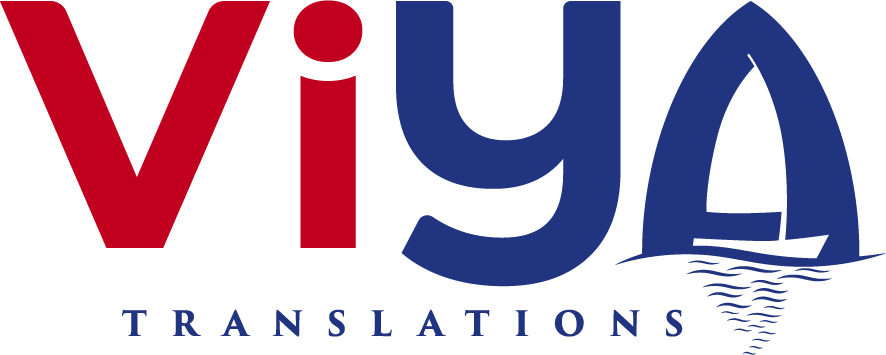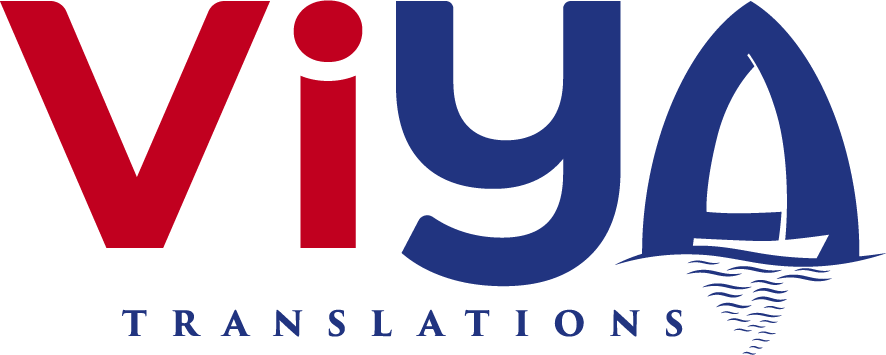Interpretation
We provide interpretation solutions to help you effectively communicate with your clients and colleagues. Interpretation services refer to the process of translating spoken or signed language from one language to another in real-time, allowing individuals who speak different languages to communicate effectively. Interpretation services are essential in various contexts where language barriers may exist. Here are some key points to understand about interpretation services:
Real-Time Communication: Interpretation services involve the immediate translation of spoken or signed language. The interpreter listens to the speaker and conveys the message in the target language while the speaker is still communicating.
Types of Interpretation:
Simultaneous Interpretation: Interpreters translate the source language into the target language as the speaker talks. This is often used in conferences, large events, and international meetings.
Consecutive Interpretation: Interpreters listen to the speaker, take notes, and then provide the translation when the speaker pauses. This is common in one-on-one settings, legal proceedings, and medical consultations.
Whispered Interpretation: Similar to simultaneous interpretation but involves the interpreter speaking quietly to a small group of people.
Key Settings:
Legal Settings: In courtrooms and legal proceedings, interpreters ensure that non-English-speaking individuals can understand and participate in the legal process.
Medical Settings: In healthcare, interpreters help patients and healthcare providers communicate, ensuring proper medical care and understanding of diagnoses and treatment.
Business and International Conferences: Interpreters play a vital role in global business and international meetings, ensuring effective communication across languages.
Tourism and Hospitality: For tourists, interpreters can help them navigate a foreign country, understand local customs, and interact with locals.
Certification and Training: Professional interpreters often undergo specialized training and certification to ensure accuracy and confidentiality. Certification may be required in certain fields, such as legal or medical interpretation.

